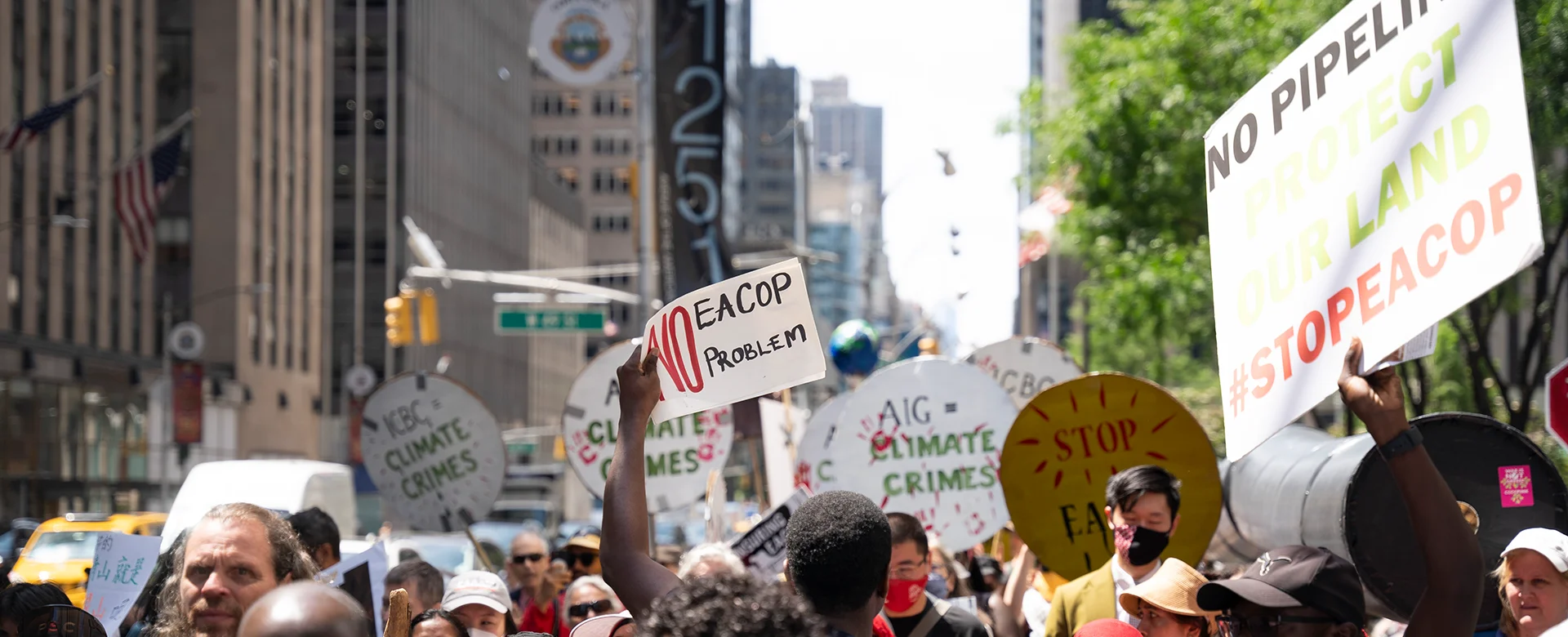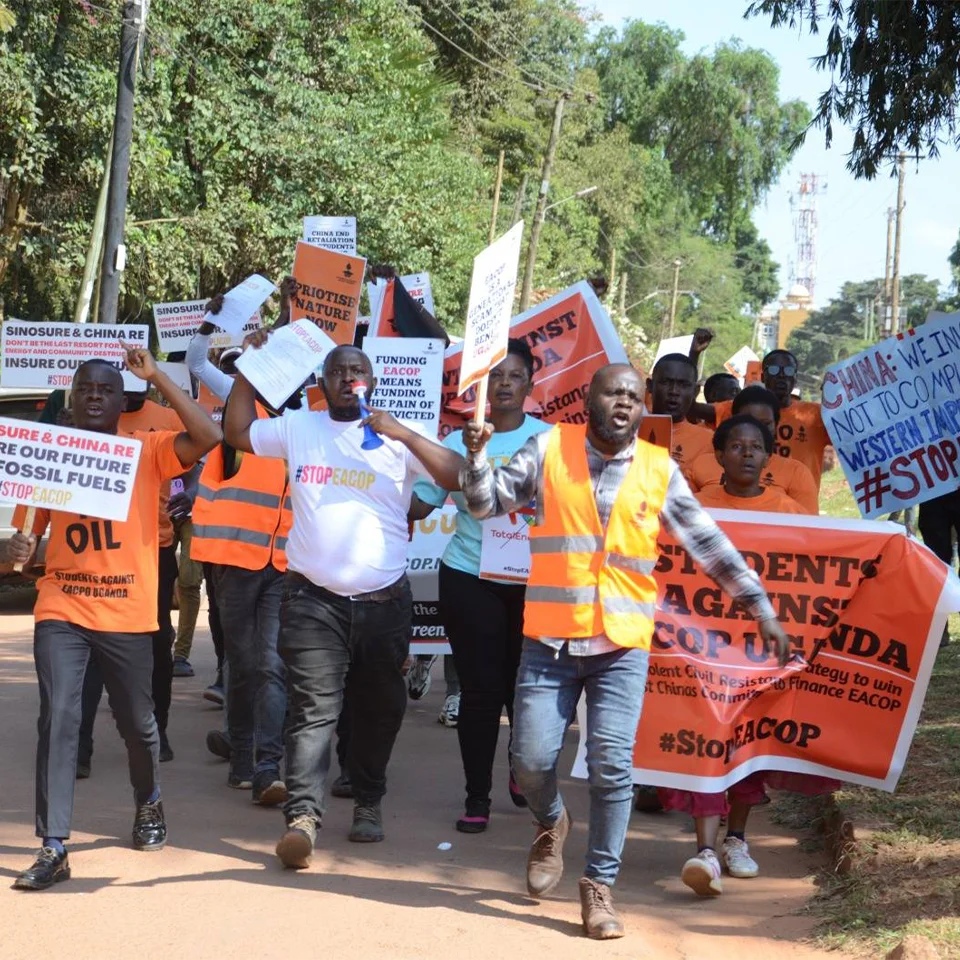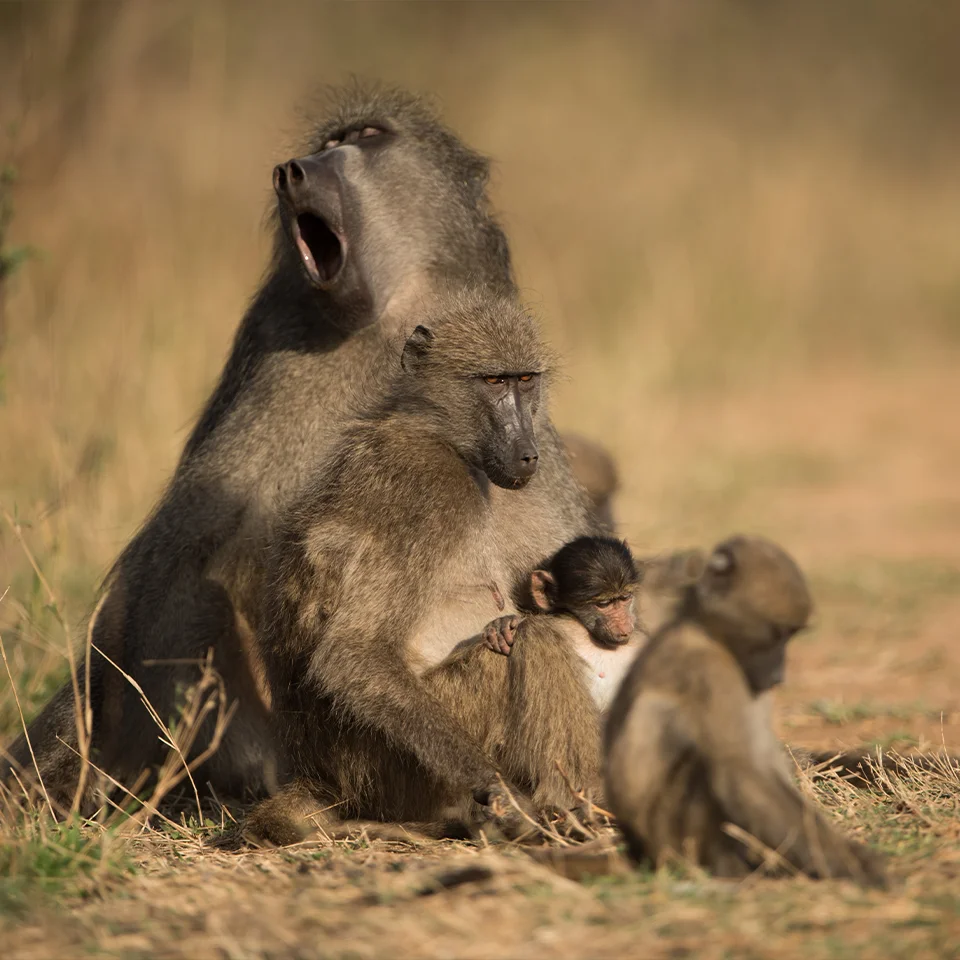For
Climate
Join our mailing list
We are in a historic moment – humanity is at the crossroads and our decisions and actions today will have lasting effects for centuries to come.
The scientific evidence overwhelmingly tells us that we have about one decade left to dramatically decrease our carbon pollution if we want to avoid catastrophic climate change.
Put simply, there has never been a worse time to build the world’s largest heated crude oil pipeline so that we can burn another six billion barrels of oil and generate over 34 million extra tons of carbon emissions each year.
We need to stop the East African Crude Oil Pipeline — and together that’s exactly what we’ll do.
Reaching the goals set by the Paris Climate Agreement will require efforts from people all around the world, but we have the solutions to do it and they come with profound benefits. We must not let Total and the China National Offshore Oil Corporation’s greed scuttle our collective efforts to create a safe future for everyone.
We also need to make sure that it’s not just wealthy countries that will benefit from the transition away from fossil fuels. The new corporate colonialism of extracting as much profit as possible – while externalizing the human and ecological costs – must end.
Rather than remaining tied to a dying industry like oil, the people of East Africa need opportunities to benefit from clean renewable energy and the local jobs that come with it.
We all need to do what we can to ensure countries in East Africa have opportunities to diversify their economies. East Africa’s economic strength will come from recognizing the region’s biodiversity, heritage and natural landscapes – the very things that EACOP threatens to destroy.
There’s lots to be done if we’re going to limit climate change and create a better future for everyone, but it’s clear that stopping the East African Crude Oil Pipeline is a critical first step.
Sign up for updates and alerts about what actions you can take to #StopEACOP
Further Reading
Netherlands Commission for Environmental Assessment, “Advisory Review of the ESIA for the East African Crude Oil Pipeline,” June 2019.
Climate Policy Initiative, “Understanding the impact of a low carbon transition on Uganda’s planned oil industry,” December 2020.
BankTrack et al, “Crude Risk: Risks to banks and investors from the East African Crude Oil Pipeline,” November 2020.
# FOR CLIMATE
The future of East Africa relies on building sustainable, diversified and inclusive economies – not by letting huge multinational corporations extract resources and keep the profit.





